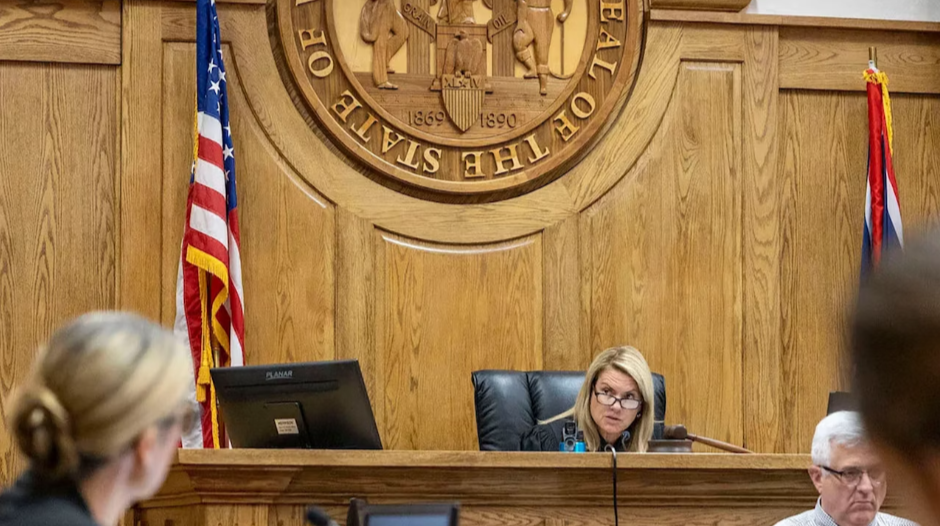The Wyoming Legislature’s Joint Transportation, Highways, and Military Affairs Committee recently voted 10-4 in favor of sponsoring a bill to designate citizenship status on state-issued identification cards.
If passed during the 2025 general session, this measure would require a redesign of Wyoming IDs to include a label indicating non-citizen status, such as the phrase “Not a United States citizen” or color-coded markers. Proponents argue this change will enhance election security and streamline voter registration processes.
Secretary of State Chuck Gray, a strong supporter of the bill, emphasized its potential to bolster confidence in the election system. Although there have been no recent verified cases of noncitizens voting in Wyoming, Gray expressed concerns about vulnerabilities in the voter registration process. Current safeguards, such as the Help America Vote Act (HAVA) check, are effective, but he believes additional measures will close remaining gaps.
“This is a step in the right direction for voter security and ensures our county clerks have the tools they need to verify voter eligibility,” Gray told the committee.
Critics of the proposal raised concerns about the necessity, cost, and feasibility of implementing such changes. Misty Zimmerman, Program Manager for WYDOT Driver Services, testified that existing IDs already use an “NR” designation for nonresidents but do not specify citizenship. She noted that any updates would require a complete redesign of state-issued IDs, an effort with undefined financial implications.
Some, including WYDOT Deputy Director Taylor Rossetti, argued that redesigning physical IDs might be an outdated solution. With Wyoming’s modernization project for mobile IDs expected to launch next year, real-time status updates could become a more efficient way to handle citizenship verification. Mary Lankford, representing the County Clerks Association of Wyoming, also supported the modernization approach, pointing out that noncitizen attempts to register to vote are exceedingly rare.
While several lawmakers voiced skepticism about the bill’s immediate need, others highlighted the importance of fostering public trust in the electoral system. Senator John Kolb, R-Rock Springs, framed the debate as one of perception.
“What’s relevant is what people think. Whatever we can do to make them have confidence in our system is what we need to do,” Kolb said.
The committee’s support for the bill reflects a broader Republican effort to prioritize election security and address public concerns, even in the absence of concrete evidence of voter fraud by noncitizens.
If the proposed bill becomes law, the citizenship labeling changes would take effect on January 1, 2026. In the meantime, debates over cost-effectiveness, technological advancements, and the balance between election security and administrative efficiency are likely to continue as the legislation moves forward.
Gillette News Record, The Sheridan Press, and News Letter Journal contributed to this report.









